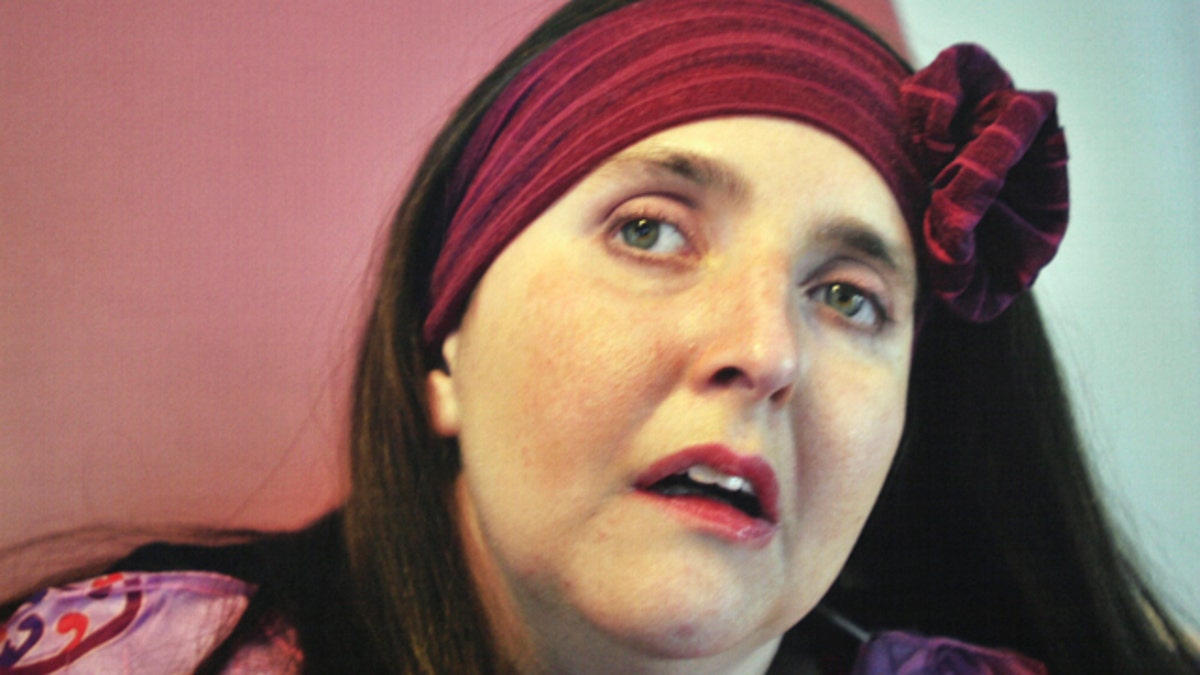
This courtroom display shows Abbie Dorn of Myrtle Beach, S.C., who was paralyzed by a series of medical errors as she was giving birth to triplets in 2006. (AP)
Human nature thrives with human interaction - a hug, a kiss, a touch of the hand, or a soothing voice. We know that medically, for a baby that is born premature and placed in the neonatal intensive care unit, the bonding love of the mother is crucial with regard to the child's future.
In fact, hospitals encourage and facilitate this bonding in order to improve the health of the baby.
But sometimes, along the way, things can get complicated or even messy.
As somebody who delivers babies, I am intimately exposed to all kinds of social dilemmas within families.
I have seen pregnant women left behind by husbands, who, for whatever reason, have decided to divorce them while they are with child.
I have seen single moms deliver an infant without a partner and with very little familial support.
I have seen the reactions on the faces of parents who don't get what they perceive to be their "perfect baby."
These situations hurt me tremendously because the delivery of the child, and the pregnant state of the mother, are such pivotal times in life, that it seems very wrong for one or both of the parents to try to escape the responsibilities of this miraculous gift life has given them.
And that's why, all weekend I have thought about the story of a woman who, through no fault of her own, suffered a major brain injury during the delivery of her three beautiful babies.
Abbie Dorn, 34, was the victim of a series of medical errors that left her unable to walk, talk or eat back in 2006 while she was delivering her triplets. Her husband divorced her a year later, believing that she would never get better.
He and the children have been living in Los Angeles, while Dorn lives in Myrtle Beach, S.C., where her parents care for her.
Dan Dorn, the childrens’ father, has argued during the trial that Dorn was so badly injured giving birth that she is not capable of being a parent, and that Dorn’s mother is an “unfit grandmother” who would fill the children with unrealistic expectations that their mother might recover.
But finally, this past Friday, a federal judge issued a temporary order that will grant Dorn visits of three hours a day for five days each summer. She will also be granted 30-minute videoconference calls with her children each month, which the lawyer for Dorn's parents says will establish "wonderful continuity" between mother and children.
Dorn and her children have not had the opportunity to bond as a true family since their birth four years ago, and I am glad that this judge felt that there was a good reason for these kids to interact with their mother.
Even though the ruling is temporary, I think it can only lead to a better outcome for those children, who may not yet understand the situation -- but as they grow older, will always be thankful for the time they were able to spend with their mother.
